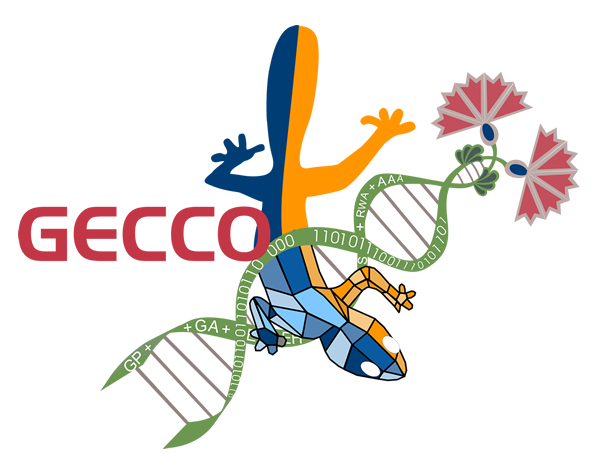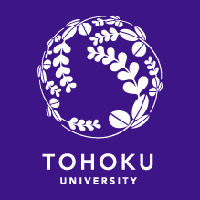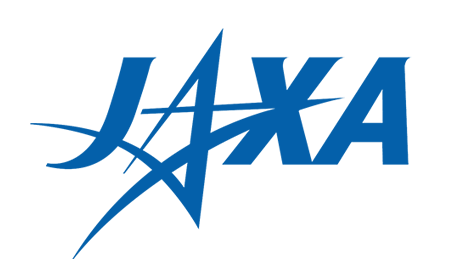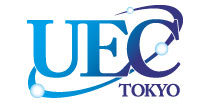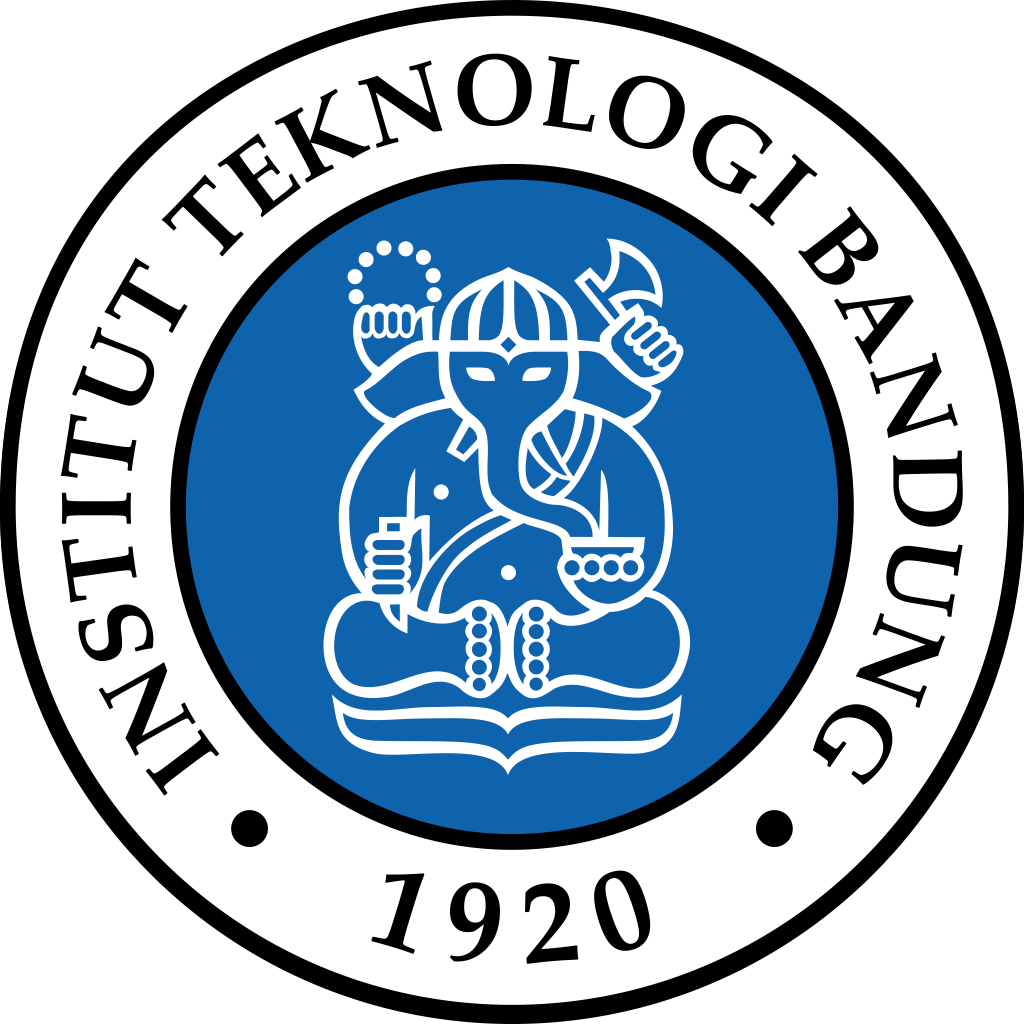Time: July 14 (Sun), 2019, 14:00–15:55
Location: South Hall 1A
14:00–14:05 |
Opening from the organizers |
14:05–14:30 |
Invited Talk #1Yaochu Jin (University of Surrey, UK) |
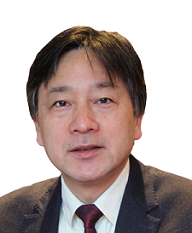
|
Title (tentative): “Offline Data Driven Evolutionary Optimization”
Short Bio: Yaochu Jin is a Distinguished Chair and Professor in Computational Intelligence, Head of the Nature Inspired Computing and Engineering (NICE) group, Co-Coordinator of the Centre for Mathematical and Computational Biology (CMCB), Department of Computer Science, University of Surrey. He was also a Finland Distinguished Professor (2015-17) with the Industrial Optimization Group, Department of Mathematical Information, University of Jyvaskyla, Finland, and a Changjiang Distinguished Visiting Professor (2015-17), State Key Laboratory of Synthetical Automation of Process Industry, Northeastern University, China. Before joining Surrey in 2010, he was a Principal Scientist with Honda Research Institute Europe, Germany. He obtained his BSc, MSc and PhD degrees from Zhejiang University, Hangzhou, China and the Dr.-Ing. from Ruhr-University Bochum, Germany.
|
14:30–14:55 |
Invited Talk #2Markus Olhofer (Honda Research Institute Europe, Germany) |
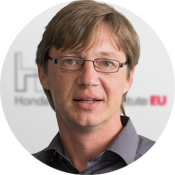
|
Title: “Many Criteria Optimisation and Decision Support for Automotive System Design”Abstract: Real world optimisation tasks require the simultaneous consideration of various quality criteria of a system. The continuous advance in multi-disciplinary simulation methods and tools, the increase in computing power as well as the availability of suitable optimisation algorithms enables this simultaneous optimisation of a growing number of quality criteria. Nevertheless it is still current practice in industry to optimise single components under consideration of only very few selected criteria due to several reasons. In the presentation three selected examples of real world applications from the automotive domain are given and current obstacles in the application of many objective optimisation are discussed. Short Bio: Markus Olhofer is Chief Scientist at the Honda Research Institute Europe since 2010 and responsible for the Complex Systems Optimisation and Analysis Group of the institute. Markus Olhofer graduated in Electrical Engineering with a thesis on face detection and image recognition with a Diplom Ingenieur degree in 1997. After that he worked as PhD student at the Institute for Neural Computation (Institut für Neuroinformatik), Ruhr-Universität Bochum and received his PhD in 2000 from that university. He joined the Future Technology Research Division at Honda R&D Europe (Deutschland) GmbH in 1998 and since 2001 he works at the Honda Research Institute Europe GmbH. |
14:55–15:15 |
Paper Presentation #1Hemant Kumar Singh (The University of New South Wales)
|
Title: “Identifying Solutions of Interest for Practical Many-objective Problems using Recursive Expected Marginal Utility” |
|
15:15–15:35 |
Paper Presentation #2Steffen Finck (FH Vorarlberg University of Applied Sciences) |
Title: “Worst Case Search over a Set of Forecasting Scenarios Applied to Financial Stress-Testing” |
|
15:35–15:50 |
Position Paper #1Kaitlin M. Maile (The University of Texas at Austin)
|
Title: “Implementing Evolutionary Optimization to Model Neural Functional Connectivity” |
|
15:50–15:55 |
Closing |

